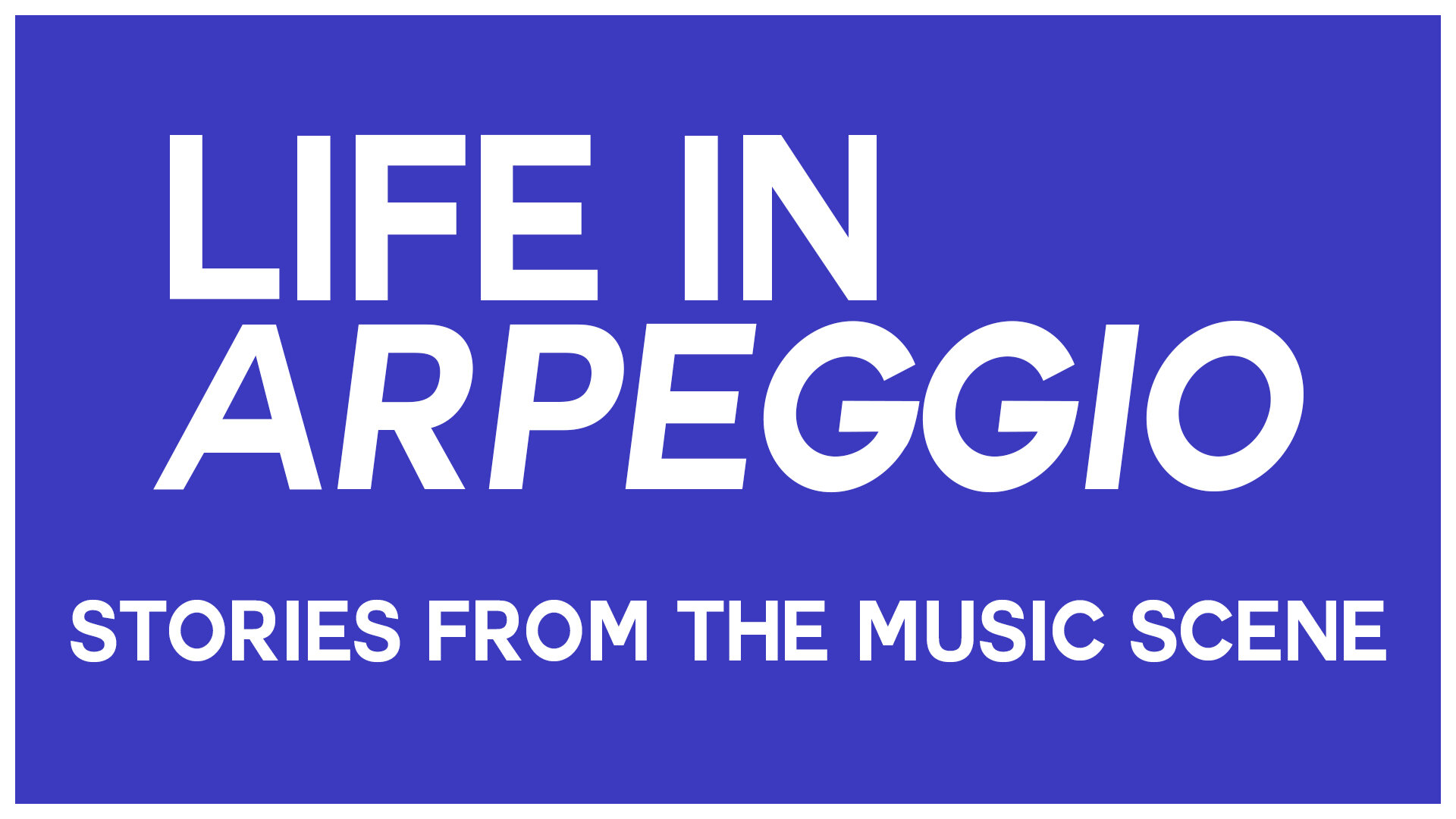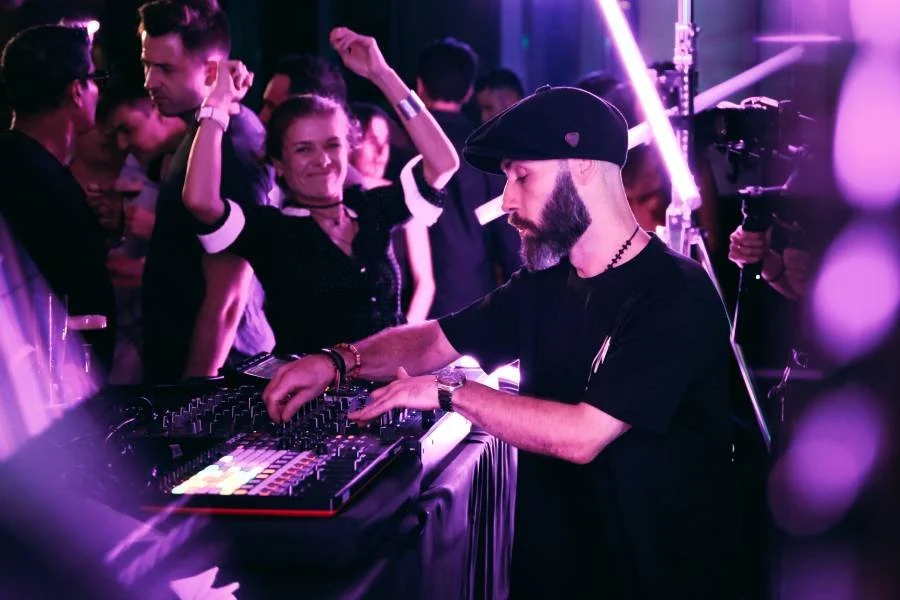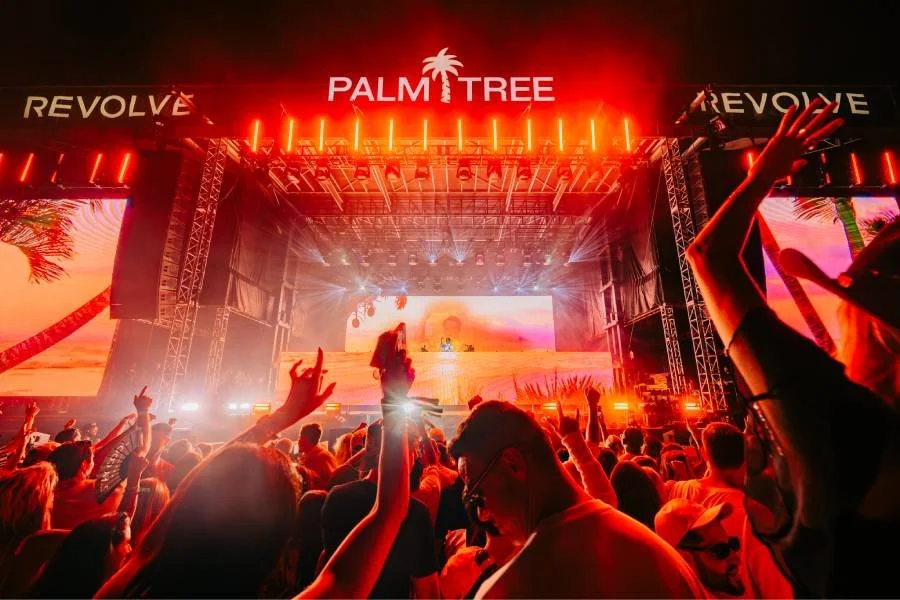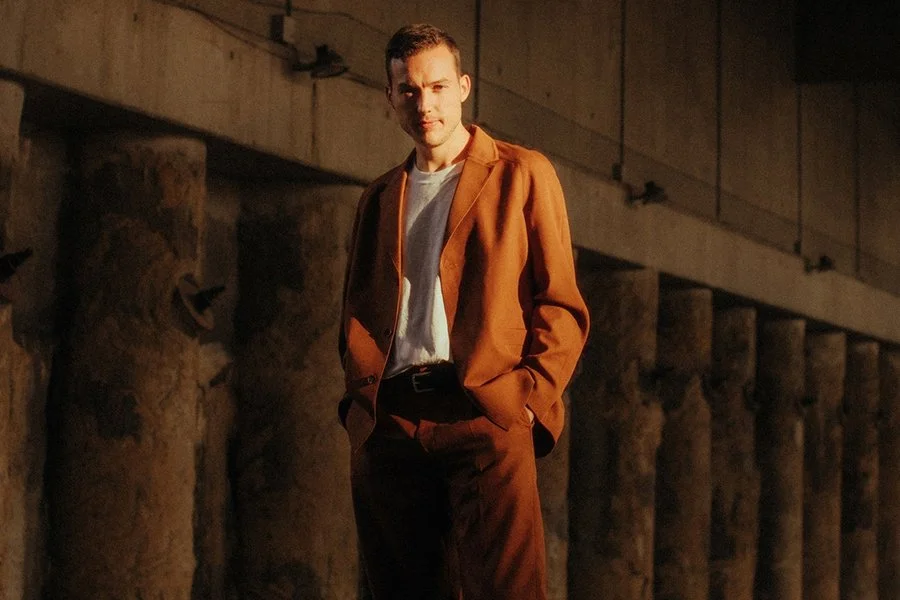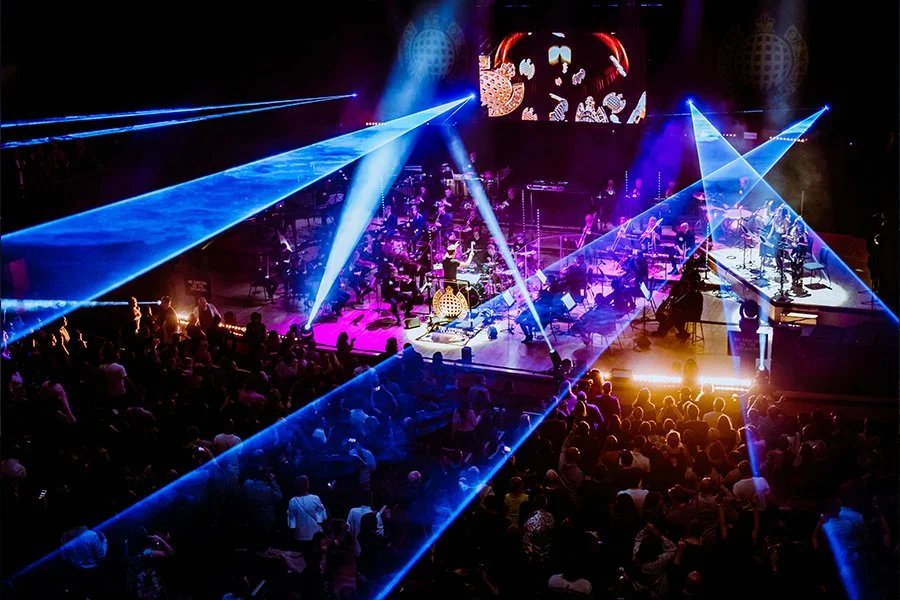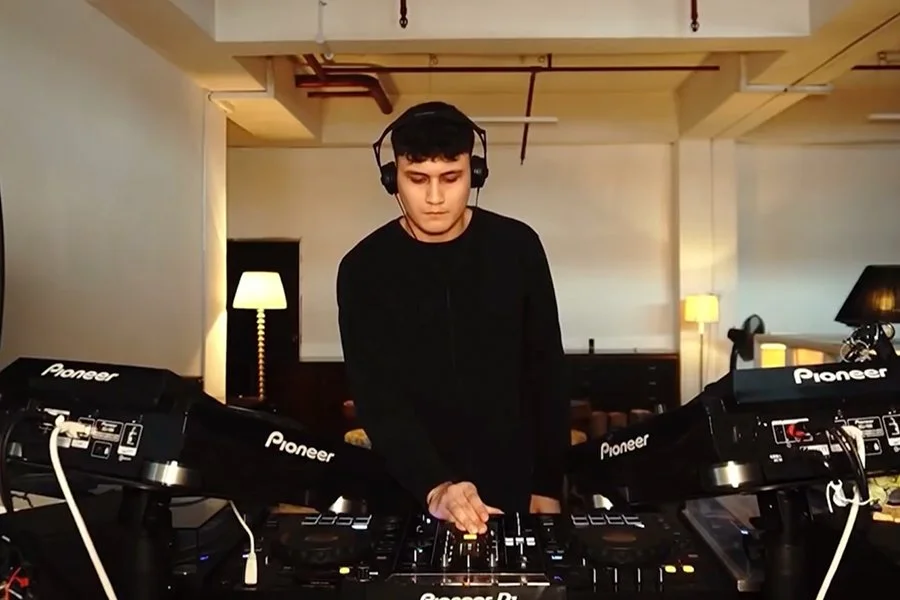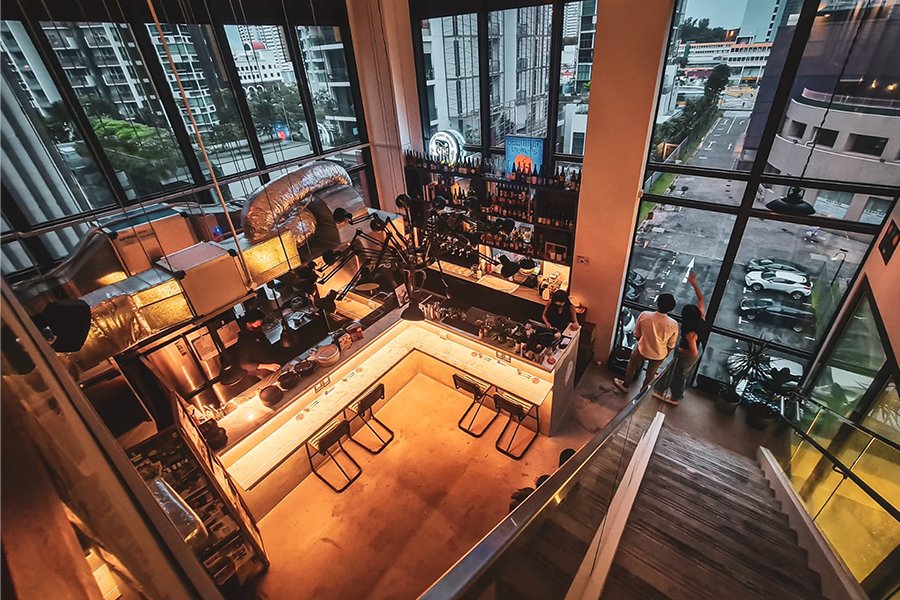Wired In: The Dad Bots Collective Is Here To Grow Singapore’s Modular Synth Subculture
Tumble into the enchanting labyrinth of modular synthesis (Credit: Dad Bots Collective)
It’s all about the beauty of the box when you gaze into the perplexing depth of a modular synthesiser. Webs of coloured wires interconnected in a chaotic yet synchronised network. Systematic rows of knobs and faders that intimidate yet intrigue. An illumination of blinking dots and glowing features that hint at an organic beast beneath the mechanical anatomy. In essence, a modular synth is somewhat alive – a controlled ecosystem of modules that communicate via voltage, all patched together to create customisable sounds that go beyond the rigid simplicity of most traditional instruments. Despite their daunting nature, modular synths are creatures that can be tamed, and the Dad Bots Collective is demonstrating this possibility.
The art of modular synthesis allows performers to customise their own sounds from scratch (Credit: Dad Bots Collective)
So who are these cool dads anyway? The Dad Bots Collective is a crew of musicians, artists and filmmakers, currently comprising Kenny Png, Kristian Wilson and Patrick Donze. As a unit, their crossed paths are helping to augment the understanding and appeal of the modular synth movement within Singapore. While our city has a firm grasp on electronic music due to the proliferation of club culture over the decades, modular synths still remain relatively esoteric in the performer and hobbyist space. This has been burdened by factors including the high cost of such equipment, their steep learning curve and insufficient avenues to showcase this oft-experimental music. The Dad Bots hope to alleviate these concerns with Patchwerk, a live series that’s been lurking clandestinely amongst a growing demographic of self-professed synth geeks, ardent dilettantes and inquisitive gig-hunters.
The Patchwerk series displayed gumption by emerging in the madness of 2021 where the hosting of events seemed like a fruitless ordeal. Yet by sticking strictly to state-imposed regulations, the Dad Bots managed to make it work through a trilogy of public, audience-allowed events at Gillman Barracks. A major trait of the Patchwerk series is its multi-disciplinary format, set in place to amplify the accessibility of modular synthesis. It fused avant-garde electronic music with video installations in Volume 1.0; reinterpreted the scoring of Fritz Lang’s 1927 sci-fi film, Metropolis, in Volume 2.0; and recently in Volume 3.0, connected their magic boxes with the kineticism of the human body.
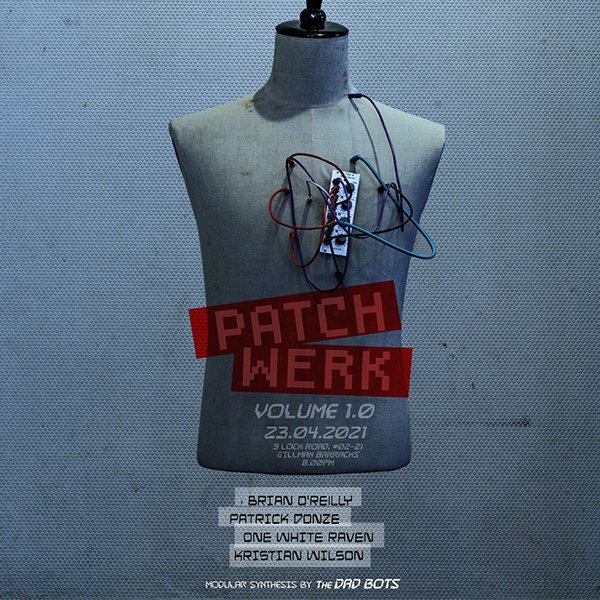
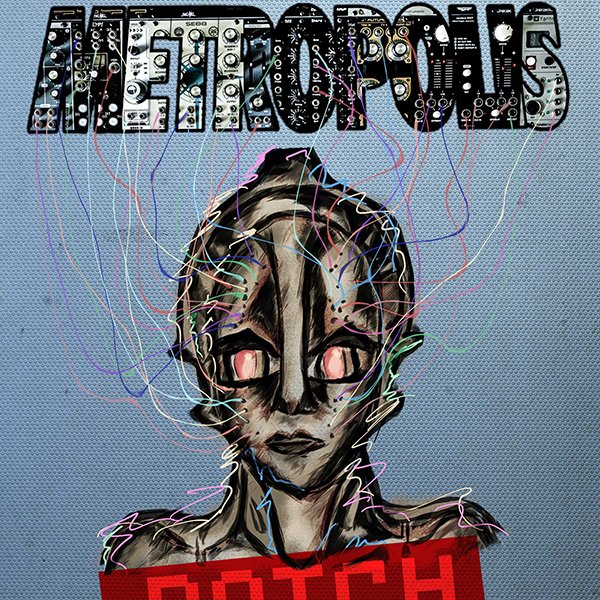
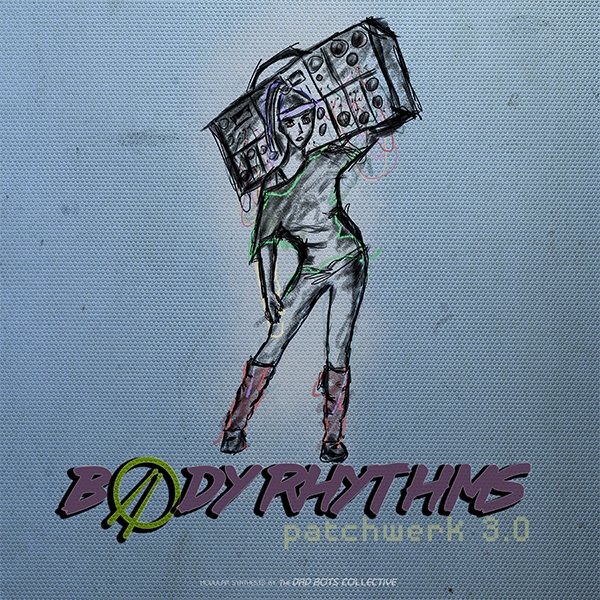
From what I witnessed at this third instalment, I can only implore that you attend these events with liberal expectations. The socially-distanced evening began with the pairing of One White Raven (the artist persona of Kenny) on the modular synth and the elegant, enrapturing movements of Sonia Kwek. What ensued was a menacing soundscape of dystopian noise that droned and destroyed, lifted by the palpable synergy between sound and choreography – a riddle in motion, a mystery unravelling. This outburst was followed by Black Zenith (the duo of Darren Moore and Brian O’Reilly), a balanced combo of modular madness and live drums. Beats from the kit were fed into the electronic pandemonium – kicks turned into cavernous roars, snares turned into claps of thunder – while the rhythms explored everything from broken beat to industrial jungle.
Capping off the programme was an improv session between all acts, apparently a signature feature present in all Patchwerk editions. Through its flow of spontaneity and freestyle interactions, it fundamentally displayed the versatile, communal nature of modular synthesis and how it can be integrated into the performance space. It’s mystifying, but it works.
As co-founder of the collective, Patrick Donze has explored experimental music in several countries from Switzerland to Hong Kong (Credit: Dad Bots Collective)
Kenny Png also performs under the alias, One White Raven (Credit: Dad Bots Collective)
In this interview, Patrick and Kenny from the Dad Bots Collective add their input on this escalating modular synthesis phenomenon in Singapore, and how it’s stacked against more conventional forms of electronic music. Open your mind and plug in.
For starters, how did this union of like-minded individuals first come together to form Dad Bots Collective? Would you say you are all wired the same way?
Patrick Donze: It was after a jam with lots of beers. We talked about what modular synth and art meant to us and what we wanted to achieve. A few beers later, the Dad Bots Collective was born. We aim to capture the zeitgeist of Singapore’s growing modular movement and take it one step further by consigning it to the realm of exhibition art and visceral performance.
Kenny Png: We were wanking off after a long jam where we did not really achieve anything. Patrick came up with the idea and my first response was, “Why the hell would people come to watch a bunch of nerds plugging cables into holes?”. I changed my mind a week later and called Patrick back.
The Patchwerk series has hosted a trilogy of events this year at Gillman Barracks (Credit: Dad Bots Collective)
How would you describe the modular synth culture and community in Singapore? One would presume it’s a fairly niche one?
Patrick: The music scene in Singapore goes back a very long way. The synth community is relatively wide and social media makes it easy to interact with each other. Modular synth is obviously a smaller community, but that is growing very fast. It is only just beginning to attract the attention of musicians and sound artists who are fascinated by this method of creation and music-making.
Kenny: It is huge and it is very diverse. Even ‘regular’ musicians use what we use, same as the obscure noise guys. Modular synths, however, were a little more niche until recently. It is also a matter of barrier to entry; a proper set-up can be beyond the reach of a kid. No parents would buy their kid a full set-up. Not unless they just got awarded president scholarships in Singapore.
Now what does this button do?
The world of modular synths can be overwhelming for the uninitiated. Would you say there’s a steep learning curve (and a hefty price tag) that comes with getting into the hobby?
Patrick: There is a reason why the majority of modular artist are Dads… the price tag makes it out of reach for many young and talented musicians. This may change soon, with more manufacturers trying to release much cheaper modules. Modular synthesis already has an established community in the Western World, and it is only a question of time until Asia and Singapore catch up.
Kenny: If they want to do it, they will. Simple example: when I was a young pre-teen, I really wanted to play the bass guitar. My family could not afford lessons, so I travelled every Saturday late morning to Plaza Singapura (circa 1993-1994). Yamaha music store then had a TV playing instruction videos (this is pre-Youtube). I must have spent weekends learning the instrument without an instrument in hand (jam studios had cheap ones). The same idea should apply now.
The crew ensure that they cross disciplines in their events to broaden the reach of modular synthesis (Credit: Dad Bots Collective)
What makes dabbling with a modular synth more fascinating or intriguing than dealing with more traditional instruments?
Patrick: It is very personal, I think. You need to have an interest in music synthesis and the history of electronic music. Also, more and more musicians have had enough of only working on a computer and need a more physical method in their creative process. Modular synthesis is also interesting for any genre. Hence, it has a very wide reach.
Kenny: As a person who plays many instruments and wrote music in many bands, I can only say this: it is much less inhibiting and has much more possibilities as an instrument.
“We look for the unexpected, unforeseen intersections, happy accidents and unifying moments.” (Credit: Dad Bots Collective)
Your Patchwerk series first gained prominence this year in the midst of the pandemic. How were y’all able to get these events out considering the arduous list of regulations?
Patrick: We just followed the regulations, and we never went beyond the authorised limits. It was still possible to have live events and comply with existing regulations.
How do audiences generally react when watching the performances? Do you think they can figure out what’s going on? Does it matter?
Patrick: We are proposing a multi-disciplinary performance. Modular synthesis is one part of the whole. The fact that we have live projections, a specific theme for each event and, of course, someone tweaking knobs on a device makes it attractive to the audience. We were never interested to only propose a modular synthesis gig.
The last session of each event is also very interesting for the audience. It is an improvised session with all performers. The risks associated with improvisation onstage can instil a live performance with dramatic and emotional impact. With these sessions, we look for the unexpected, unforeseen intersections, happy accidents and unifying moments.
It’s safe to say that you’ll never know what to expect at a Dad Bots Collective event (Credit: Dad Bots Collective)
Kenny: Music, like books, should be a personal experience. The audiences tell us if they had fun or were intrigued. The rest is up to them really.
And wrapping up, how would you say the mod-synth movement fits in the context of Singapore’s electronic milieu and club culture today?
As mentioned earlier, we do not want to limit modular synthesis to a single genre. In fact, we are avoiding typical techno music and other four-on-the-floor type of music. We leave that to club culture.
Follow the Dad Bots Collective on Facebook and Instagram to stay updated with their activities.
